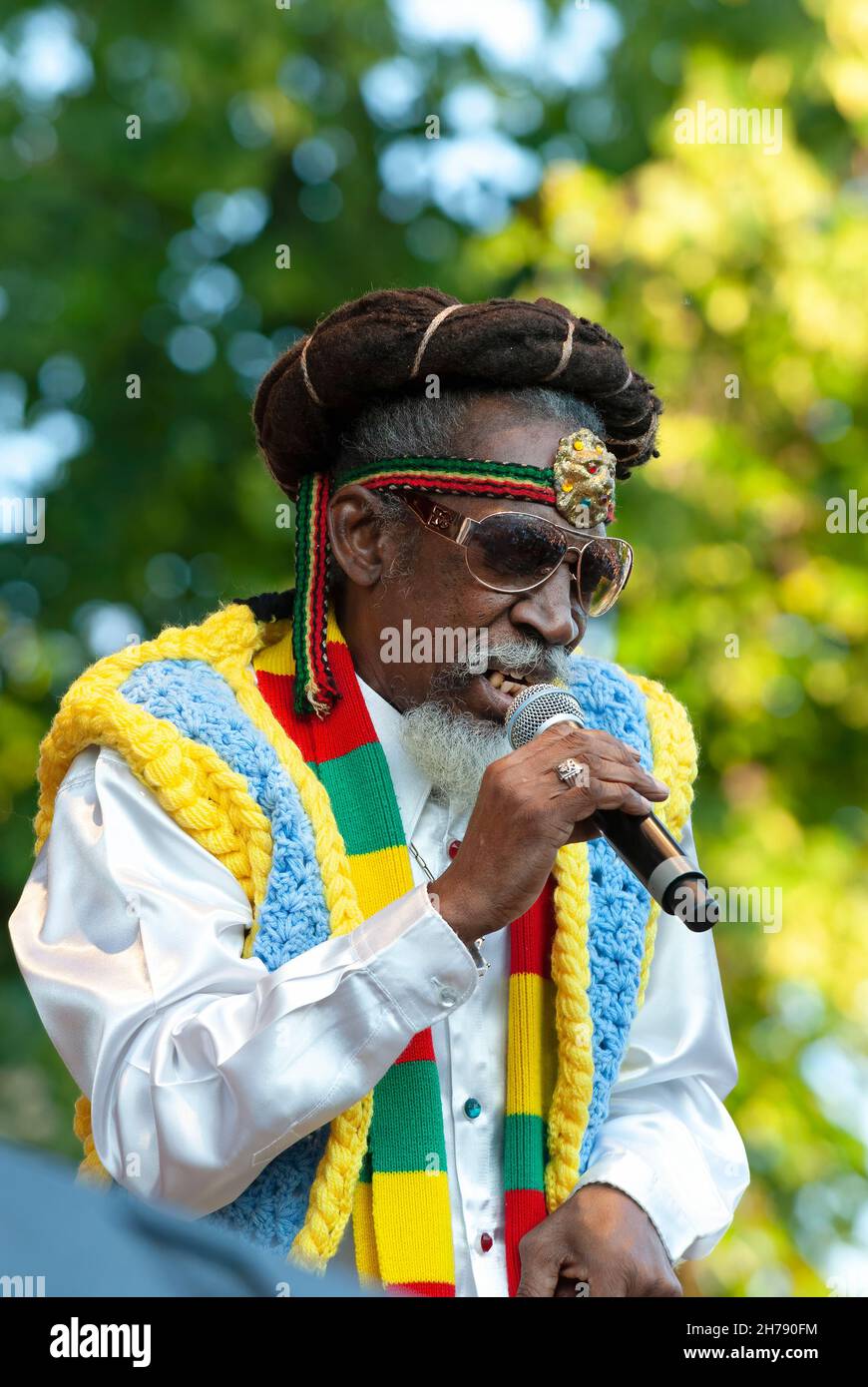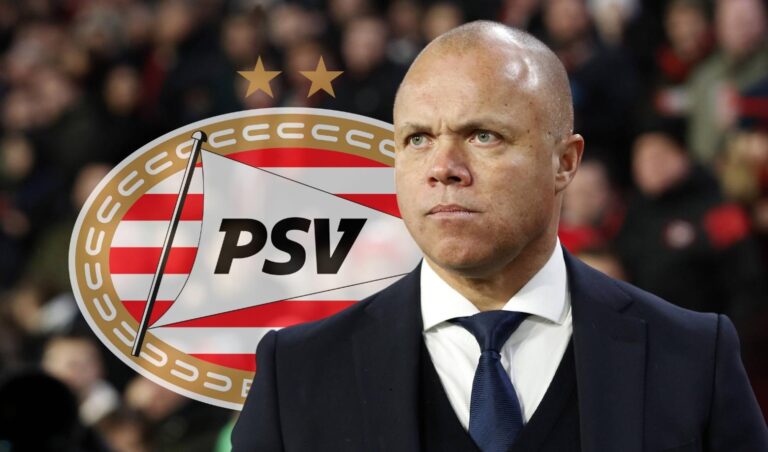
Bunny’s voice still echoes through Zion — not as a faint memory, but as a living vibration that moves through time, spirit, and sound. Though he passed from this physical realm in 2021, Neville O’Riley Livingston, known to the world as Bunny Wailer, continues to chant down Babylon and uplift hearts with the same unwavering spirit he carried through decades of musical and cultural resistance. His was not merely a voice that harmonized with reggae rhythms — it was a voice of sacred depth, ancient wisdom, and unshakable truth. Pure roots. Pure soul.
From the streets of Kingston where his journey began to the high hills of spiritual longing he often sang of, Bunny’s music was always grounded in something greater than himself. As one-third of The Wailers — alongside the fire of Bob Marley and the thunder of Peter Tosh — Bunny was the stillness, the river, the deep drumbeat beneath the lyrics. While Marley stirred the world and Tosh challenged it, Bunny called it back to its center. His sound was the sound of Zion itself — not a geographic place, but a spiritual homeland of liberation, justice, and unity.
The concept of Zion in Rastafari is profound. It represents not just Ethiopia or Africa, but a divine return — a restoration of self, of community, of sacredness. Bunny Wailer didn’t just sing about Zion. He lived it. His music, his reasoning, his way of being all pointed toward the eternal. Songs like “Dreamland” weren’t just daydreams — they were declarations of belonging, visions of ancestral truth. “Blackheart Man” wasn’t just an album — it was a scripture in sound.
Even as reggae grew into a global phenomenon, Bunny remained rooted. He stood as a guardian of the music’s spiritual core. He rejected its commodification, resisted its watering down, and reminded the world that reggae was born not just of rhythm, but of resistance. His life was a lesson in purity — not in perfection, but in purpose. He lived his principles, stayed close to the land, close to the elders, close to the drum.
To listen to Bunny Wailer is to be reminded of what it means to be whole. His voice was never just about entertainment — it was healing. It was the kind of voice that doesn’t age, because it was never bound by time. You can hear it in the wind that passes through the Blue Mountains. In the drum circles at Nyabinghi gatherings. In the chants of youth reclaiming their identity and pride. His voice is there — an echo through Zion — carrying messages of dignity, reverence, and revolutionary love.
Pure roots means being anchored in truth. Pure soul means walking in light, even when the world is shadowed. Bunny Wailer embodied both. His dreadlocks weren’t a style — they were a covenant. His lyrics weren’t written — they were channeled. His music wasn’t performed — it was offered, like incense on an altar. And in that offering, he gave generations a soundscape of spiritual survival.
Though the Lion has moved to higher realms, the roar remains. The vibrations remain. Bunny Wailer is not gone. His voice lives in the soil, in the sound, in the souls of all who still chant for justice, still drum for peace, still rise for Zion. His was a voice that carried the old world and the new, the sacred and the struggle — and even now, it still echoes, pure and unwavering.
Bunny’s voice still echoes through Zion. Pure roots. Pure soul. Forever.






